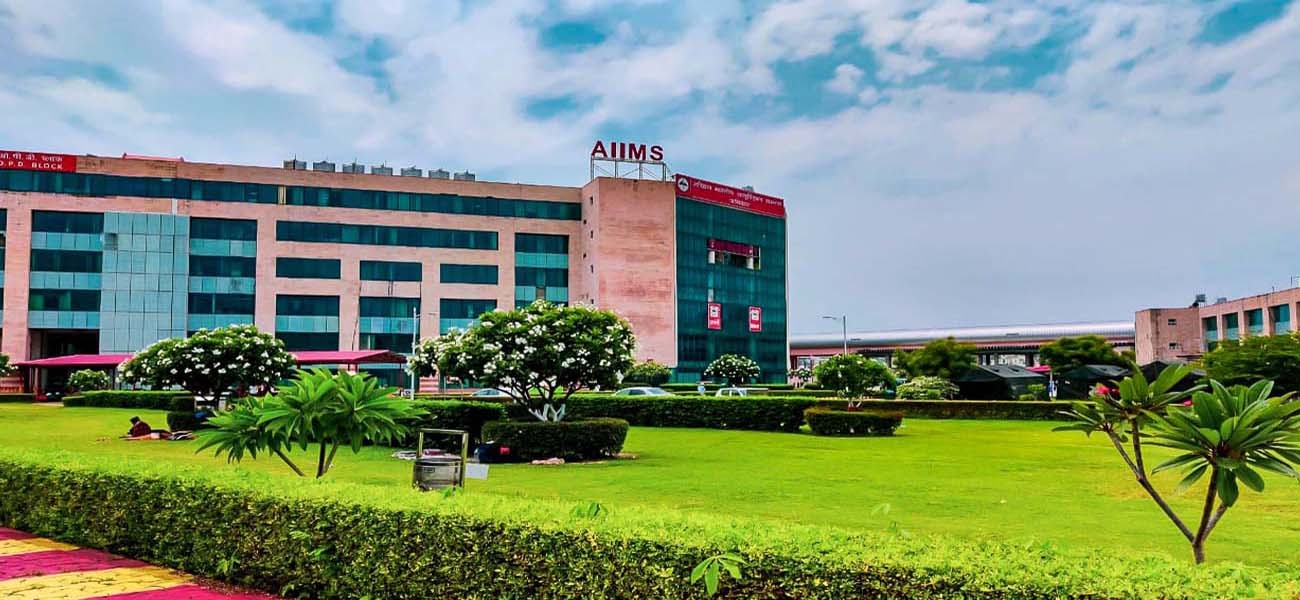The Andhra Pradesh State Government’s recent intention to adopt NRI and self-financing quota seats in government medical colleges has created a heated discussion among medical professionals. The Andhra Pradesh Junior Doctors’ Association (AP JUDA) has voiced its opposition to this action in writing to the state health department’s principal secretary. The decision’s specifics, its ramifications, and the responses it has elicited from various stakeholders are all covered in depth in this article.
The Order and Amendments of the Government
The Andhra Pradesh Government Professional Institutions (Regulation of Admissions into Undergraduate Medical and Dental Professional Courses) Rules, 2004, were significantly amended by the relevant G.O.Ms. No. 107, which the State Health Department published in the Official Gazette on July 19, 2023. According to the new regulations, 15% of the total medical seats will be allocated to the All India Quota for Government Medical Colleges starting in the academic year 2023–2024, and the remaining 85% of seats will be split into three categories: General Category, Self-financing Category, and NRI Category.
The seating arrangement is as follows:
- Local candidates from two local areas of Andhra Pradesh will fill 50% of the seats available under the Competent Authority (General Category) quota.
- In the Competent Authority (Self-financing) category, local candidates from two Andhra Pradesh local regions will occupy 35% of the available seats.
- Candidates who are not residents of India will be given 15% of the available seats in the Competent Authority (NRI category).
Strong Disapproval from the Medical Community
APJUDA has vehemently opposed the idea to divide seats in Government medical colleges into self-financing and NRI quotas. The union, which speaks for the state’s medical students, contends that this classification will decrease the overall number of seats open to qualified students, regardless of their financial situation, who wish to enroll in top Government medical colleges.
They claim that the honorable chief minister’s desire to make medical education accessible to everyone, especially students from underprivileged classes, is violated by this decision. APJUDA also emphasizes how many students have been able to realize their dream of becoming doctors in the state thanks to the fee reduction for medical study at private universities.
Request for Rollback and Its Consequences
The latest government decree that divides GMC seats into self-financing and NRI categories must be completely reversed, according to APJUDA. They stress that no other state in the nation has applied such categorisation and that the imposition of enormous fees for Government medical institutes that range from 12 to 20 lakhs per year is unprecedented.
The association has threatened to go on strike as a last choice in the event that the government does not reverse its decision, which might have detrimental effects on the state’s healthcare system.
Yuvajana Shramika Rythu Congress Party clarification
The State Government is not selling medical seats at government medical colleges, according to the Yuvajana Shramika Rythu Congress Party’s (YSRC) medical branch. According to Chief Minister Y.S. Jagan Mohan Reddy, the medical costs levied by government medical institutions have actually fallen since he took office, according to Dr. Mehboob Sheikh, the zonal in-charge of the YSRC medical wing.
In the five recently opened medical colleges, Dr. Sheikh claims that the tuition for self-finance seats has been set at 12 lakhs per year and 20 lakhs per year for NRI quota seats. The costs associated with these seats are being put into the account of the AP Medical Education and Research Corporation, which will be utilized to support the growth and upkeep of the state’s public medical colleges.
Significant controversy has arisen within the medical community as a result of the Andhra Pradesh State Government’s plan to establish self-financing and NRI quota seats in government medical colleges. The Andhra Pradesh Junior Doctors’ Association’s call for a rollback underlines the issues with less accessible medical education for worthy candidates.
It is unclear how the administration will react to the requests and whether the APJUDA’s intended strike will have any impact on the final decision. The impact of this choice on the state’s medical education system in the future is crucial, and it merits careful examination.






















